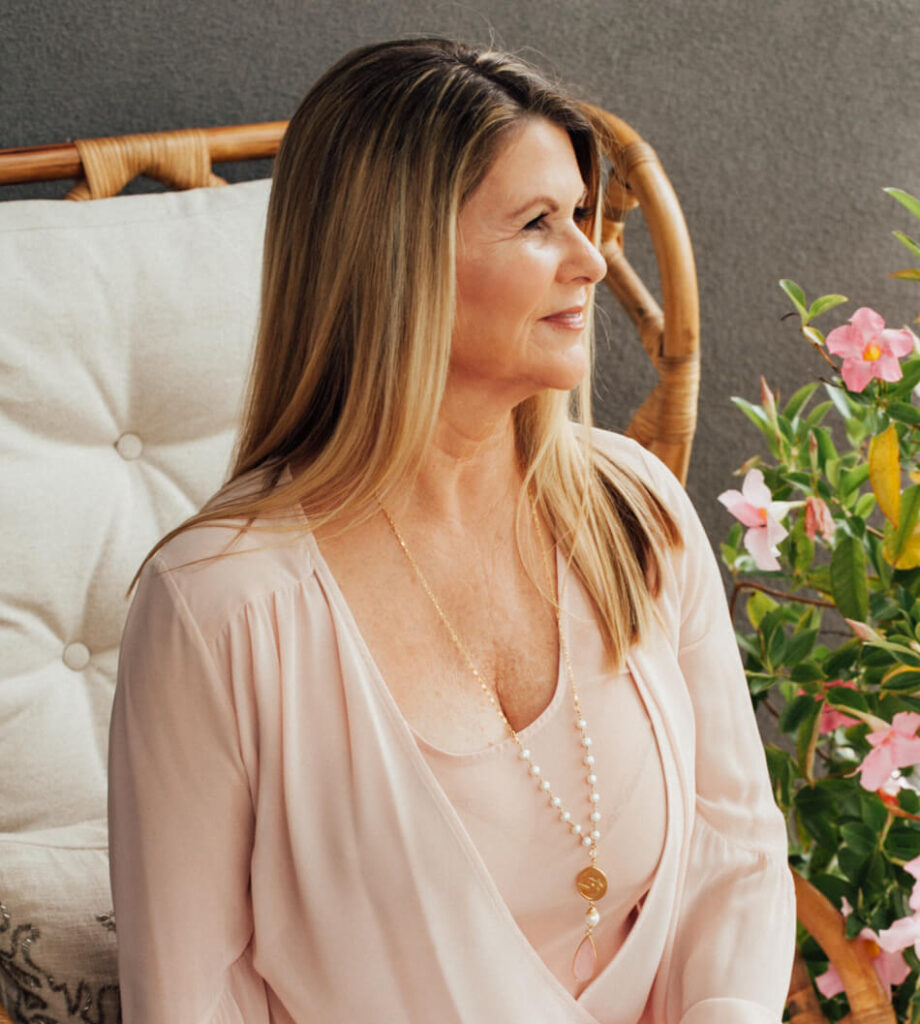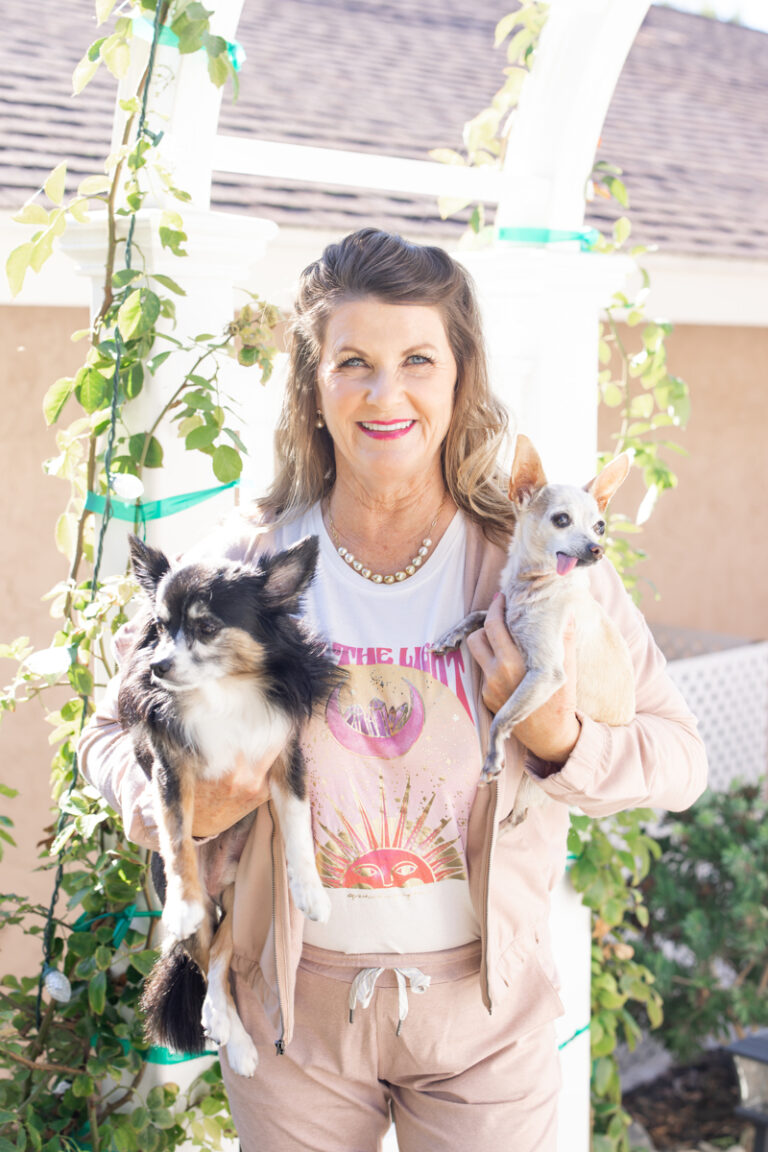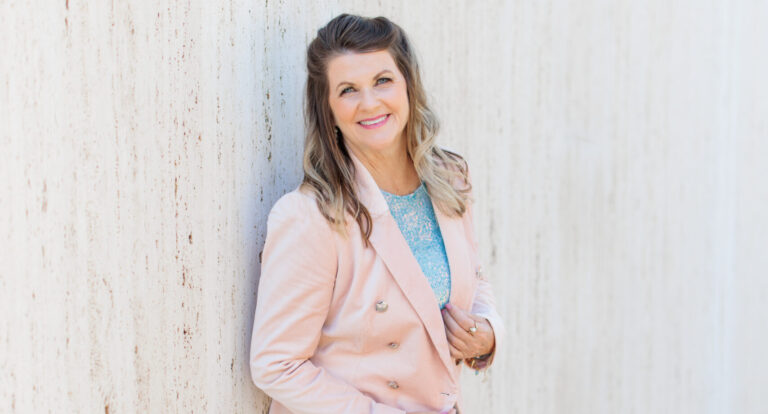When I ask my clients what is holding them back from happiness, so many bring up closure. It might be related to a marriage or romantic relationship, but just as often it’s about something else: a friendship that ended, a business that had to be shut down, a family member who died before resentments could be aired.
I’ve also noticed that it’s gotten worse in the past year. COVID has upended a lot of our social routines and relationship dynamics, and the ability to end a relationship by sending an email or text means that relationship endings can be abrupt and surprising, both of which increase our urge for closure and understanding. A client of mine told me that during COVID quarantine, her childhood best friend sent her an email explaining that their friendship was over. No discussion, no explanation. For my client, the suddenness was almost more painful than the friendship ending and it left her obsessed with finding answers (i.e. getting closure).
But closure is not all that it’s cracked up to be. And the idea that closure is something you need to seek outside of yourself is just plain wrong.
Cognitive Closure is a term created by a social psychologist which both explains a person’s aversion to ambiguity as well as their desire to get a firm answer to a question. When we are faced with uncertainty, we crave clear answers. And the more painful the uncertainty, the more we crave that closure.
So basically, you may feel like you “need” closure to move on from that painful divorce or horrible job, but really you are just grappling with the fact that so much in life is unknown. Could it have turned out better? Did you play a role in what went wrong? Why did this happen to you? What can you do to make sure it will never happen again? Why does it feel so bad and what can you do to make it feel less bad? These are all questions that you’re hoping your “closure” will answer.
But there are no simple, neat answers to these questions. And if there are answers, they exist inside of you already. You don’t need to have a last phone call, or to finally get the “truth” off your chest in order to get clear.
Interestingly enough, it seems like how much each of us craves closure says a lot about our worldview. Research shows that people who struggle with the unknown and have a more rigid way of thinking about the world are much more motivated to find closure and do worse when they can’t get it. On the other hand, people who are more flexible or creative thinkers, and who are more comfortable with ambiguity aren’t as desperate to have closure and are more able to move on when they don’t get it.
Oftentimes, it’s not the specifics of the situation that we need closure about, it’s the fact that what happened contradicts our worldview. For example, my client had assumed she and her friend would be lifelong friends because she has a worldview that longer relationships are better than shorter ones. She feels like the fact that her best friend “dumped” her means that she can’t trust people to be loyal. Her worldview includes unspoken expectations that if you’re kind to people and care about them, they are obligated to do the same to you. She also finds herself getting obsessed over what “went wrong” so she can figure out how to avoid that happening again. Her worldview up until now includes the idea that there’s a “right” path and it’s her job to figure it out.
Now imagine if she stopped worrying about getting closure from this friend and instead worked on shifting her worldviews. Perhaps longer relationships are not better than shorter ones. Perhaps this was the perfect length of time for this friendship. Perhaps this is a wake up call to be more explicit about her expectations with those around her. Perhaps something happened in her friend’s life that has nothing to do with her. A worldview that allows for the unknowns, for the mysterious and the random, would bring her so much closer to closure than a heated text exchange with her friend.
Shifting our worldviews is even more vital when we start thinking about bigger issues: mortality, climate change, suffering, politics, injustice. When we accept the unknown, when we accept there are things to which we will never have answers, it becomes possible to find serenity even in the midst of so many questions.
Has something happened in your life that you’re struggling to find closure and acceptance with? Whether it’s in your relationships, career, or grief, trying to find answers is ultimately what holds us back from moving on.
Having a life coach by your side can help you work through those array of emotions and help you find the right path towards acceptance. Which as you can see, is how you are able to finally find closure. Closure isn’t just a myth, it truly is possible to achieve if you accept the unknowns and shift those worldviews.
If you’re interested in seeing what it would be like working with a life coach that can help you through this, all you have to do is click the link below to fill out a short application so we are able to hone in on the struggles you’re currently facing and what we can work through together to get you on the road to acceptance.




